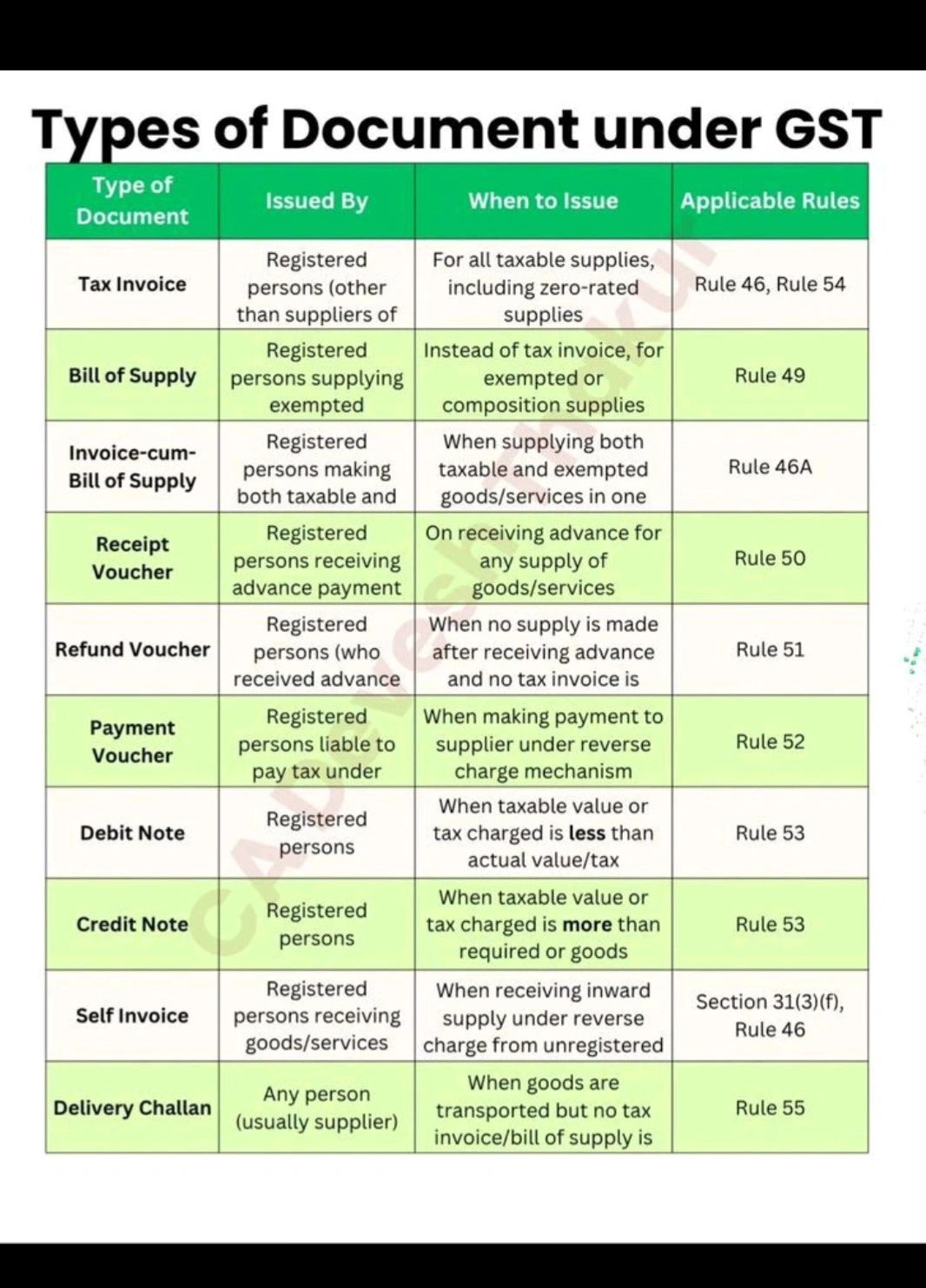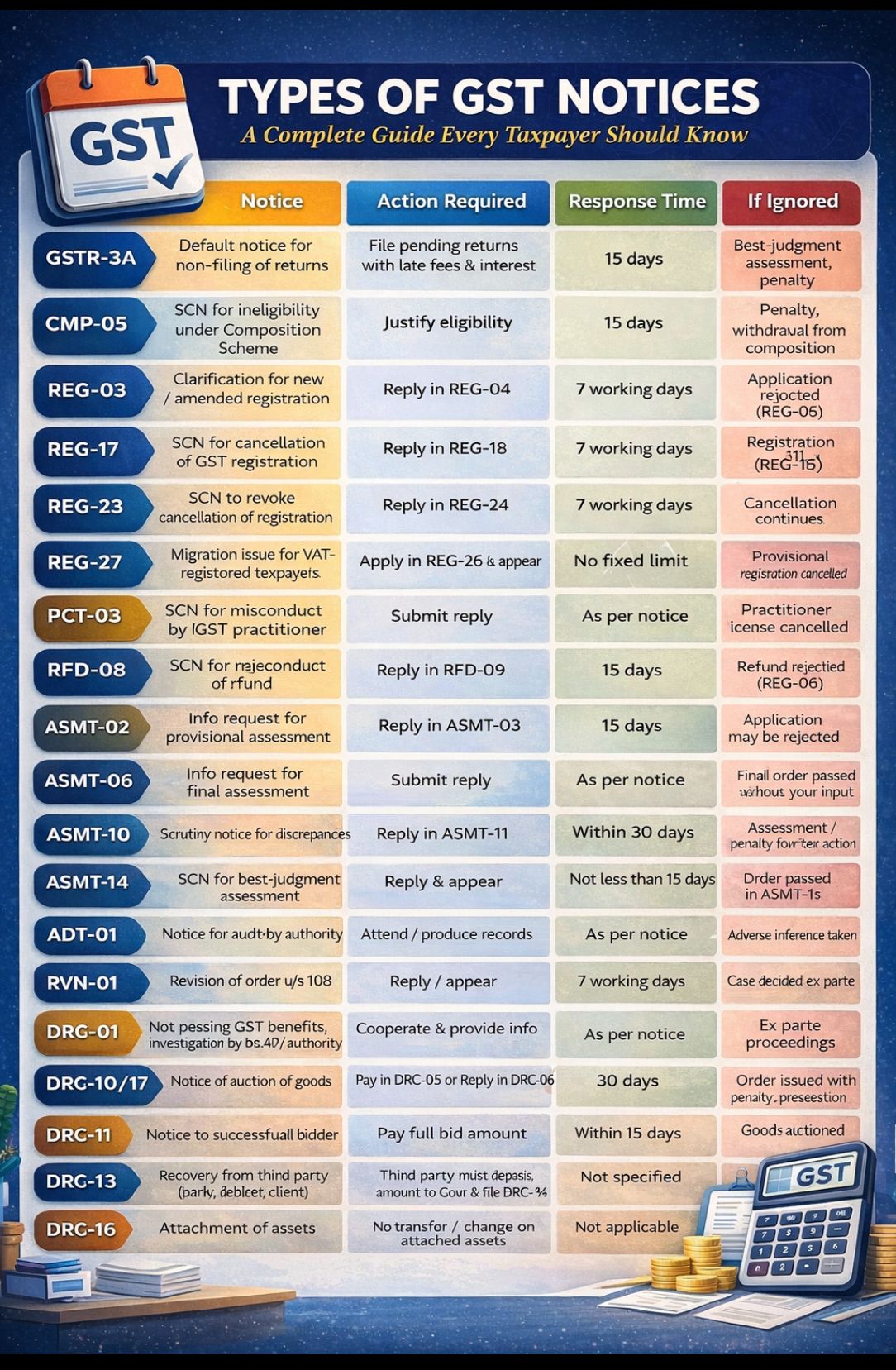5 Common Mistakes Startups Make During GST Registration
Page Contents
5 Common Mistakes Startups Make During GST Registration
Starting a new business? That’s exciting! But before you start your brand or sell your product, there’s one important thing you shouldn’t ignore: getting your legal and tax work sorted.
One of the first things every startup in India needs is GST registration. It’s not just a rule, but it helps you run your business smoothly, look professional, and even save money through tax benefits.
But here’s the catch: many new business owners rush into it without knowing the right steps. And that’s where mistakes happen—some small, some costly. Don’t worry, though! We’re here to help you spot the most common GST slip-ups and show you how to avoid them.
Here are five common errors startups should avoid while applying for GST:
1. Choosing the Wrong GST Scheme
Many new business owners mistakenly register under the wrong category – regular, composition, or casual taxable person, without fully understanding its implications.
- For instance, the Composition Scheme is only suitable for small businesses with limited turnover and no interstate sales.
- Service providers with national clients must go for regular GST registration.
Choosing the wrong scheme can limit your growth and lead to penalties later.
2. Incomplete or Incorrect Documentation
Startups often upload inaccurate documents or miss crucial ones, such as:
- Business address proof
- PAN and Aadhaar of directors/owners
- Bank account details with IFSC code
Any mismatch or missing document can result in rejection or unwanted delays. Always verify every detail before submission, or get professional help to avoid rejections.
3. Delaying Voluntary Registration
Some startups wait until their turnover exceeds the threshold limit, not realizing the advantages of voluntary GST registration:
- Access to Input Tax Credit (ITC)
- Improved vendor and customer trust
- Ease in opening bank accounts and applying for tenders
Registering early can offer a competitive edge.
4. Filing the Form with Errors
From business name mismatches to wrong jurisdiction details, small data-entry mistakes can create major registration hassles. Always double-check the application form and ensure all uploaded documents match your business records exactly.
5. Avoiding Expert Assistance
Many startups attempt GST registration on their own, unaware of frequent changes in laws and documentation norms. This often results in rejections or compliance notices.
Instead, relying on professional service providers like www.carajput.com can help ensure a smooth and accurate GST registration process from start to finish. They offer end-to-end support, document verification, and quick turnaround times, making them a trusted partner for Indian startups and SMEs.

The below document must be properly issued to ensure smooth ITC claims. & Avoids penalties & mismatches during GST audits. & Builds credibility & compliance for your business. Types of Documents under GST :
- Tax Invoice : Issued by: Registered persons (other than suppliers of exempted goods/services). For all taxable supplies, including zero-rated supplies (Rule: 46, 54)
- Bill of Supply : Issued by: Registered persons supplying exempted goods/services or under composition scheme, Instead of tax invoice for exempt or composition supplies (Rule: 49)
- Invoice-cum-Bill of Supply : Issued by: Registered persons making both taxable & exempted supplies in one invoice (Rule: 46A)
- Receipt Voucher : Issued by: Registered persons receiving advance payment, On receiving advance for any supply (Rule: 50)
- Refund Voucher : Issued by: Registered persons who earlier received advance. If no supply is made after receiving advance and no invoice issued (Rule: 51)
- Payment Voucher : Issued by: Registered persons making payment to supplier under RCM& For reverse charge transactions (Rule: 52)
- Debit Note : Issued by: Registered persons, When tax charged is less than actual tax or value (Rule: 53)
- Credit Note : Issued by: Registered persons When tax charged is more than required, or goods returned (Rule: 53)
- Self-Invoice : Issued by: Registered persons receiving inward supply from an unregistered supplier under RCM (Rule: Sec. 31(3)(f), Rule 46)
- Delivery Challan : Issued by: Any person (usually supplier), Goods are transported but invoice/bill of supply not issued (e.g., job work, exhibition, etc.) (Rule: 55)
Final Note
Proper GST registration is a critical part of your startup’s financial health and business credibility. Avoiding these common mistakes helps you stay compliant, claim tax benefits, and focus on scaling your venture. Below is a complete, accurate, and practical list of GST notices that a taxpayer may face in case of non‑compliance under the GST law.


